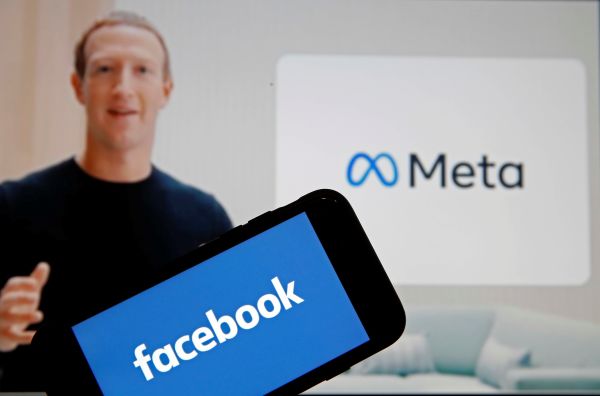Meta wages war on fake pages, spammy content on Facebook

In a sweeping effort to restore authenticity and boost creator confidence, Meta — the parent company of Facebook — has announced the removal of over 100 million fake pages and 23 million impersonator profiles from its platform in 2024 alone.
The aggressive purge, detailed in a company statement on Thursday, underscores Meta’s mounting concerns over the deluge of spammy, manipulative content that has come to saturate Facebook’s news feed, undermining the visibility of genuine creators and the integrity of the platform’s ecosystem.
“We are committed to making Facebook’s Feed more relevant and helping creators break through,” the company stated, as it unveiled new measures aimed at curbing content farms, spam rings, and impersonation networks.
Fake Fame, Real Fallout
Meta’s findings point to a growing trend of algorithm-gaming behaviour where accounts — sometimes coordinated across networks — exploit Facebook’s distribution mechanics to boost views, follower counts, and monetisation opportunities.
These include practices such as:
- Posting long, irrelevant captions to manipulate visibility,
- Mass account creation to amplify a single spammy post,
- Impersonating established content producers to harvest followers or advertising revenue.
While some actors may not act with overtly malicious intent, Meta warns that the result is the same: inauthentic engagement that drowns out real content and degrades user experience.
As part of the crackdown, Meta has announced that:
- Content from offenders will only be visible to their followers and will be disqualified from monetisation,
- Pages or networks found in coordinated spam activity will suffer reach reduction and face removal,
- More investments in AI and moderation tools will support impersonation detection and takedown.
Protecting the Real MVPs: Authentic Creators
The company’s renewed enforcement is not just punitive — it’s also protective. Meta is investing in tools like Rights Manager to help original content creators protect their intellectual property. Additionally, features under test include allowing users to flag low-quality or off-topic comments, creating a cleaner and more engaging comment culture.
“Spammy content is not just an annoyance,” Meta said. “It prevents authentic creators from gaining the traction they deserve. We want to reward those who create and share value.”
The move comes as social platforms globally grapple with balancing free expression with content quality. For Meta, the message is clear: authenticity is currency, and those who flood the feed with fluff will pay the price.
The Broader Picture: Trust, Monetisation, and Brand Integrity
For businesses and advertisers, Meta’s actions are critical. Facebook remains one of the world’s most influential content platforms, but its monetisation model relies on trust in reach, metrics, and creator legitimacy. Spam-driven engagement threatens that trust — and with it, billions in potential ad revenue.
By cleaning house, Meta isn’t just serving creators — it’s protecting its business model, reinforcing credibility, and reasserting Facebook as a space where real people and real content matter.
As the battle for attention intensifies in the digital marketplace, Meta’s latest efforts serve as both a warning and a reassurance: manipulate the feed, and you’ll be filtered out; create meaningfully, and you’ll be lifted up.












